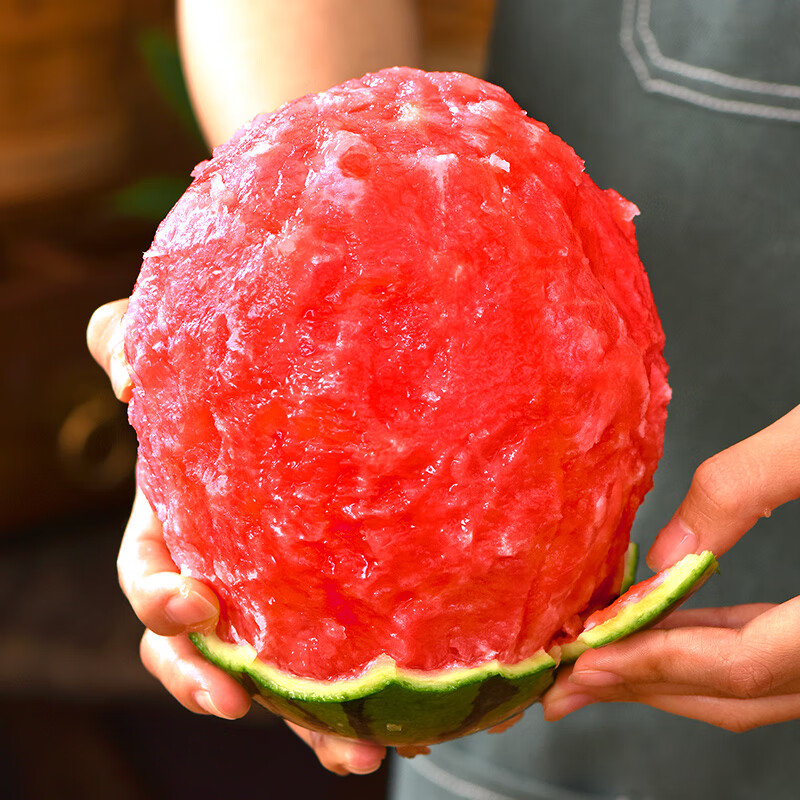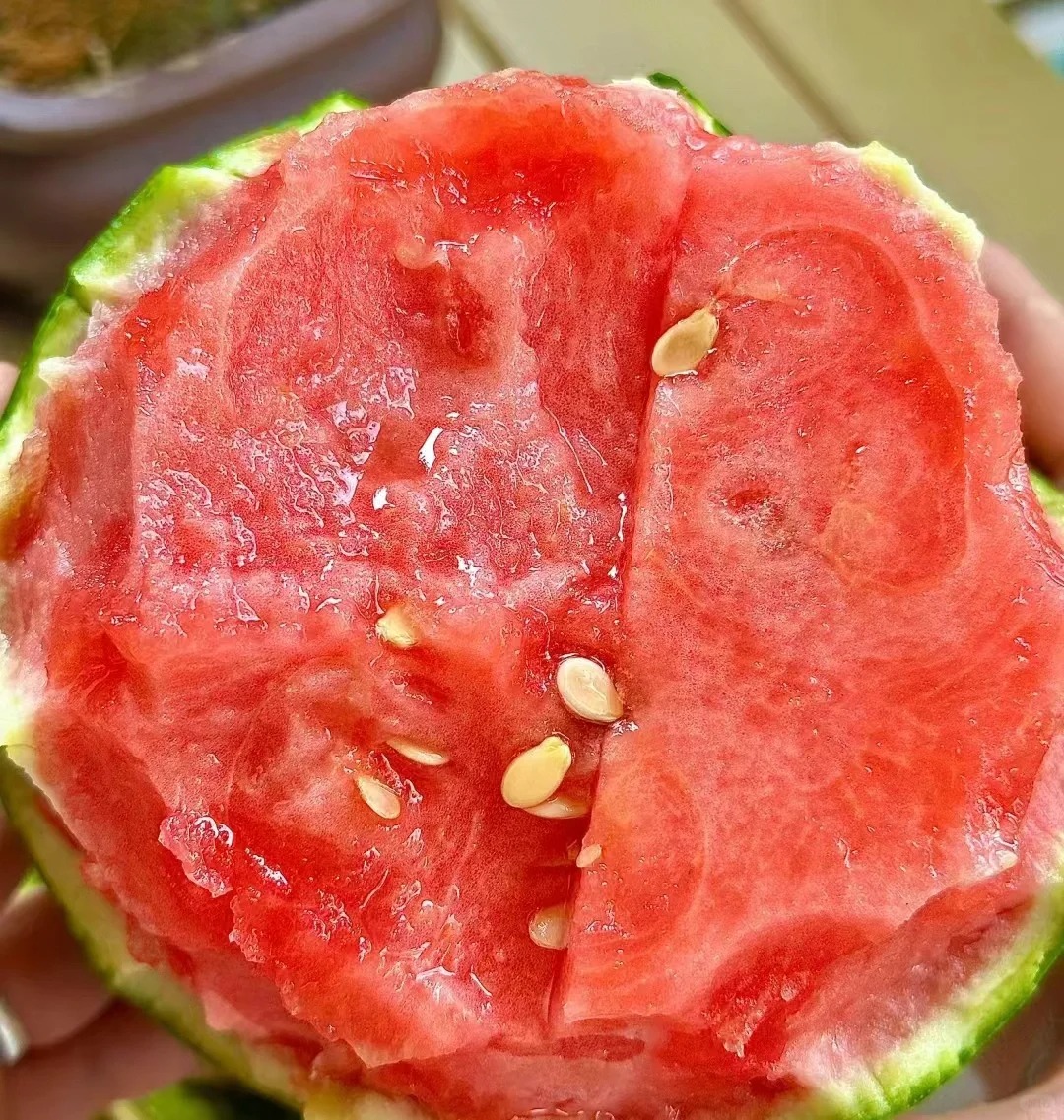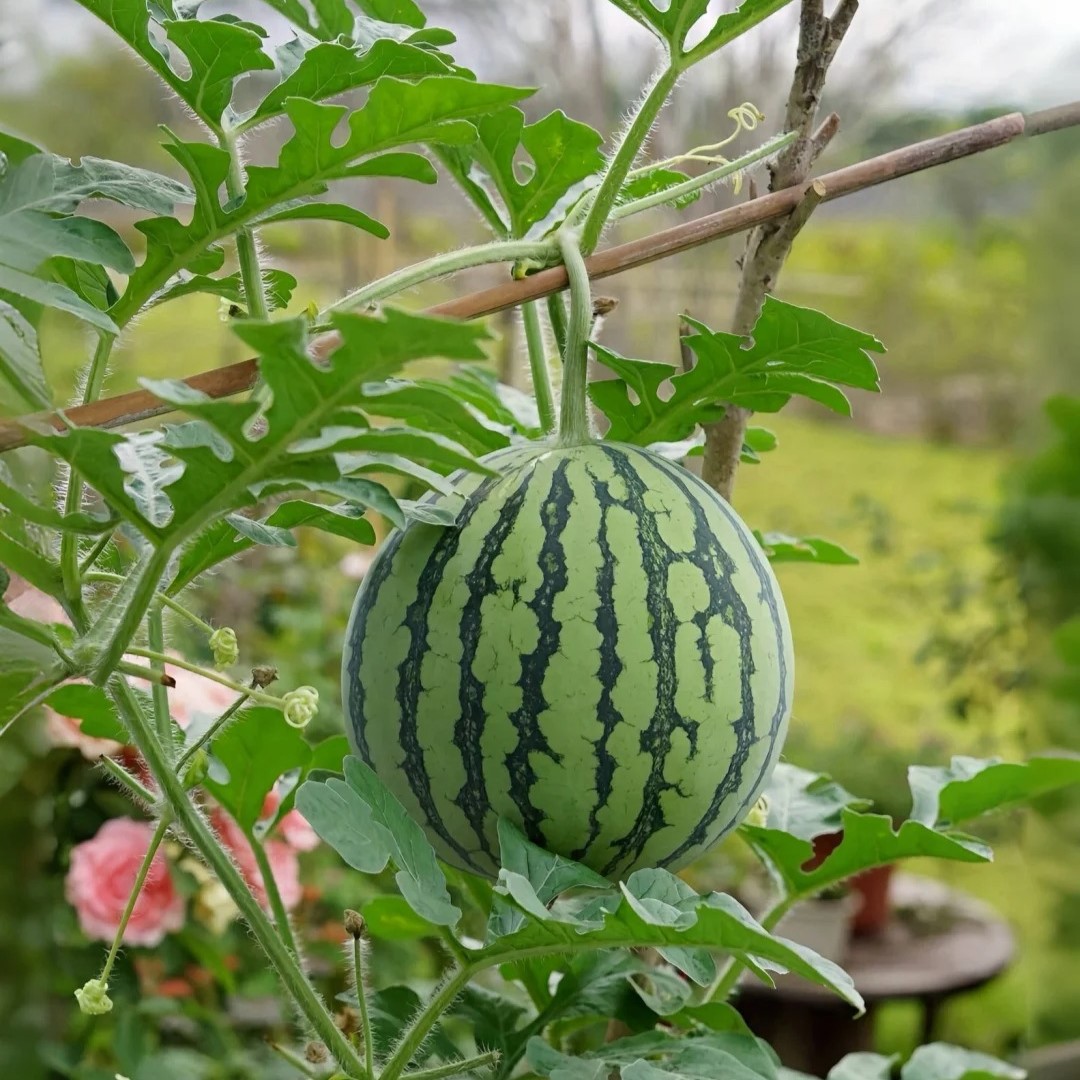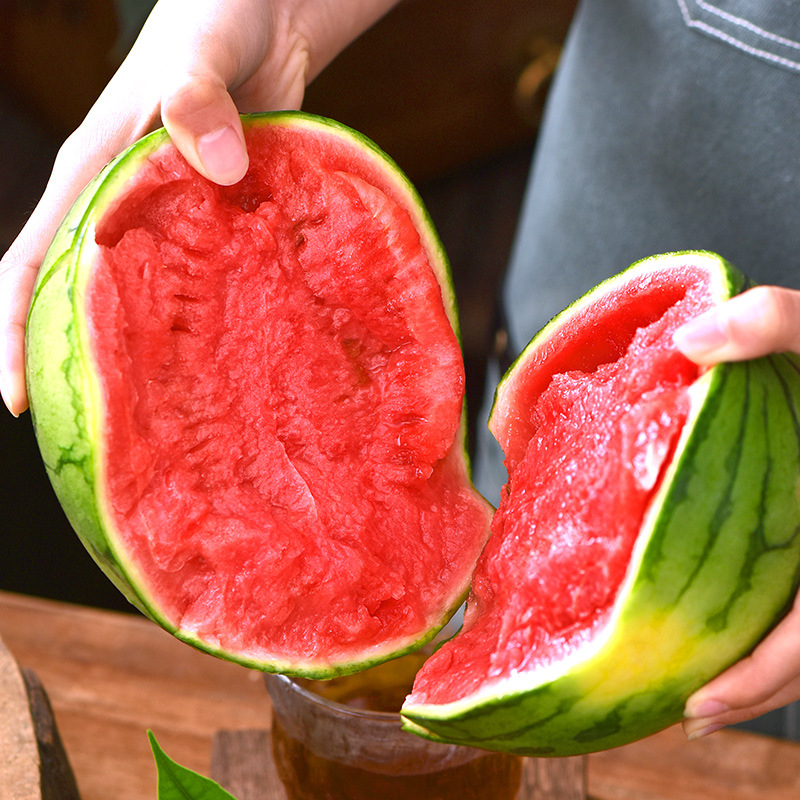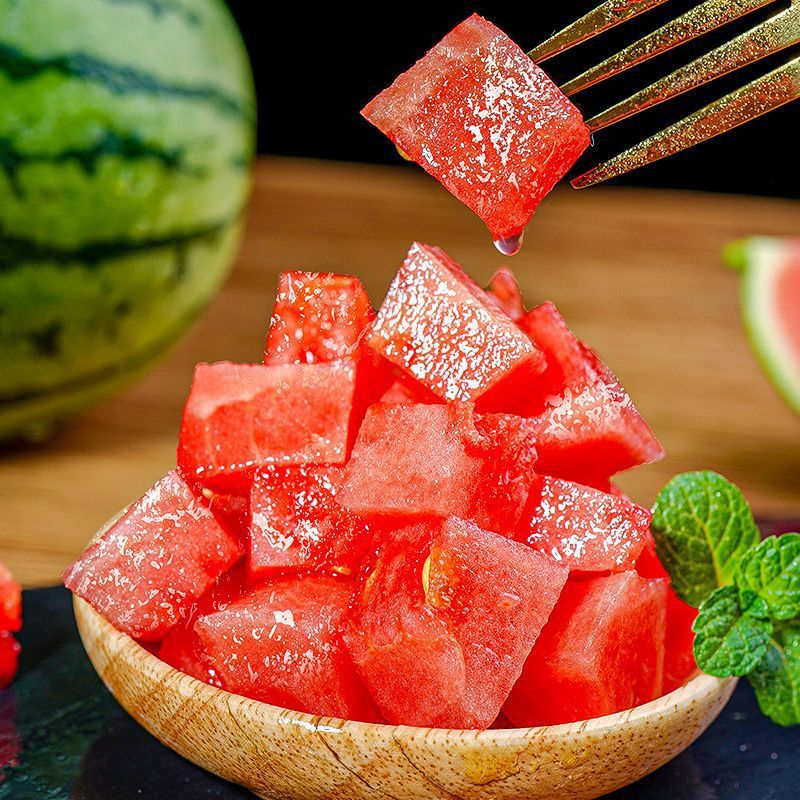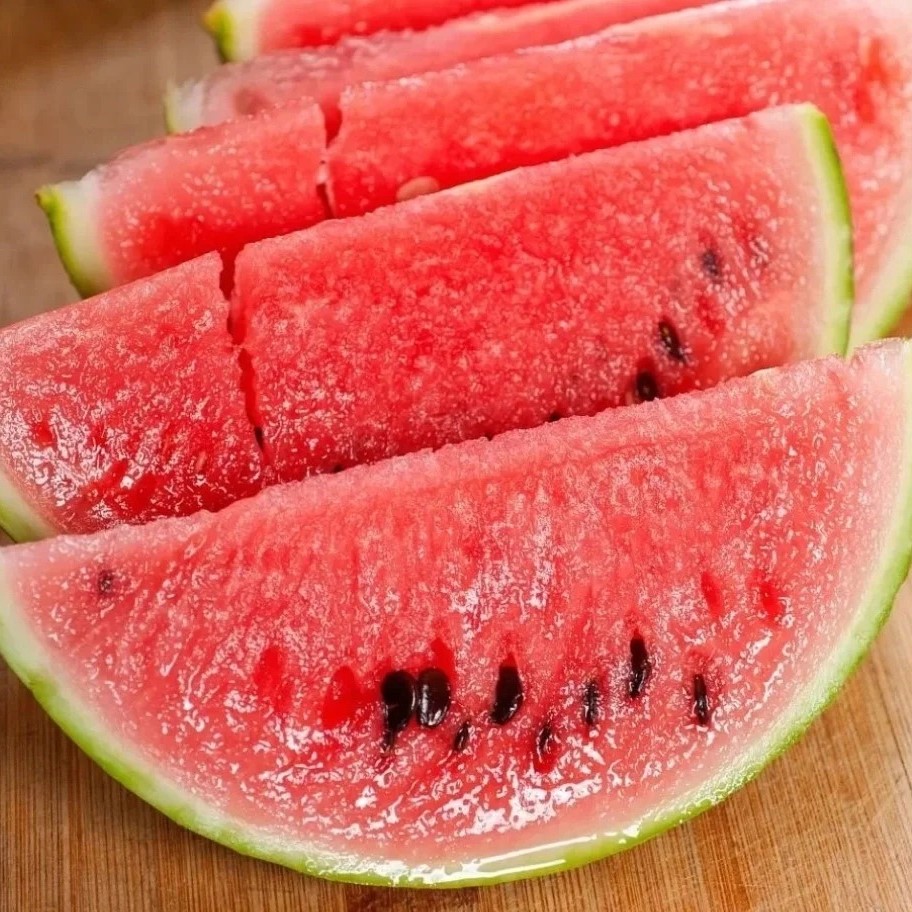-
Detail

🎉 Free shipping on orders over $29.99!
💯 Buy more, save more.
💵 Payments through PayPal®.
😍 99.2% of customers buy more than 100 seeds.
✈ Worldwide Express Shipping Available
About 2K Watermelon Seeds
Seed Type:Heirloom Seed, Open Pollinated Seed
The 2K watermelon is a warm-season, annual fruit known for its vibrant red flesh and striped rind. It grows upright vines, reaching up to 36 inches tall, with each fruit weighing around 2 kg. The watermelon is easy to grow, highly sweet, and has a thin rind, making it perfect for fresh eating. It thrives in full sun, well-drained soil, and is resistant to heat, pests, and common garden animals like deer and rabbits. The fruit ripens in summer to fall, and the plant attracts pollinators while being drought-tolerant.
Features
- Life CycleAnnual
- Planting Season Spring
- Growth Habit Vining
- Plant HeightUp to 36 inches
- Plant FeaturesAttracts Pollinators, Easy to grow, High sweetness, Thin rind
- Use Fruit gardens
- Growing Conditions Warm temperatures, Full sun, Well-drained soil

Why choose 2K Watermelon Seeds
🍃Early maturity: Harvest 35 days after successful pollination in early spring sowing, and 25 days after successful pollination in summer and autumn transplanting.
🥥Thin skin: The skin is delicate and thin, with a thickness of only 0.4-0.5 cm, ensuring you a pleasant and easy eating experience.
🌱Vigorous growth: It grows vigorously under strong conditions and is an excellent choice for easy cultivation.
Super sweet: The flesh is crispy and tender, with moderate sweetness. The sugar content exceeds 13 degrees, bringing a pleasant taste experience.
🌿Ideal size: Each watermelon weighs about 2 kg, achieving a perfect balance between size and quality.
🍉Customer favorite: It has been loved by customers for many years and has become a market darling due to its easy cultivation, disease resistance and excellent market competitiveness.
How to Plant 2K Watermelon
💧Watermelons need lots of water. Keep the soil moist but not wet, and the water must drain freely from the bottom.
⛰️Fertilizer: Use plenty of organic matter in containers for growing watermelons, as they are heavy feeders.
🌿Pruning: To get a healthier and more productive watermelon vine, only allow the main vine to grow. Remove side branches when the plant is young before growing more. Also, prune those stems that are damaged and diseased.
💐Pollination: Watermelon vines produce both male and female flowers, which are pollinated by bees and butterflies, but they also need to be hand-pollinated. The first ripe fruit appears about 40 days after the flowers are pollinated.
🌱Harvesting: Usually starts between 80-90 days after sowing seeds and 30-50 days after flowering. Flowering and fruiting last for several weeks until the weather is still good and you will get several harvests.
General Watermelon Care Tips
- Mulching with black plastic or straw around the plants will serve multiple purposes: it will warm the soil, hinder weed growth, and keep developing fruits off the soil.
- Pruning generally isn’t necessary for watermelon plants, but vine productivity may be improved if you do not allow lateral (side) vines to grow and stick to the main vine. When the plant is young, just cut off the end buds as they form (before the side shoots become vines). You can also pinch off some blossoms to focus the energy on fewer melons (though it’s challenging to kill off a potential fruit).

How to Tell If a Watermelon Is Ripe
- Thump it. If the watermelon sounds hollow, it’s ripe.
- Look at the color on the top. The watermelon is ripe when there is little contrast between the stripes.
- Look at the color on the bottom. An immature watermelon will have a white bottom; a ripe melon will have a cream- or yellow-colored bottom.
- Press on it. If the watermelon sounds like it gives a little, it’s ripe.
- Check the tendril. If it’s green, wait. If it’s half-dead, the watermelon is nearly ripe or ripe. If the tendril is fully dead, it’s ripe or overripe; it’s not going to get any riper, so you might as well pick!
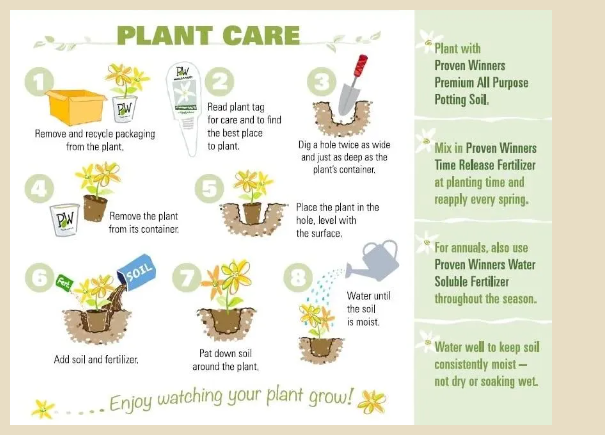
Home
/
🍉2K Watermelon Seeds

